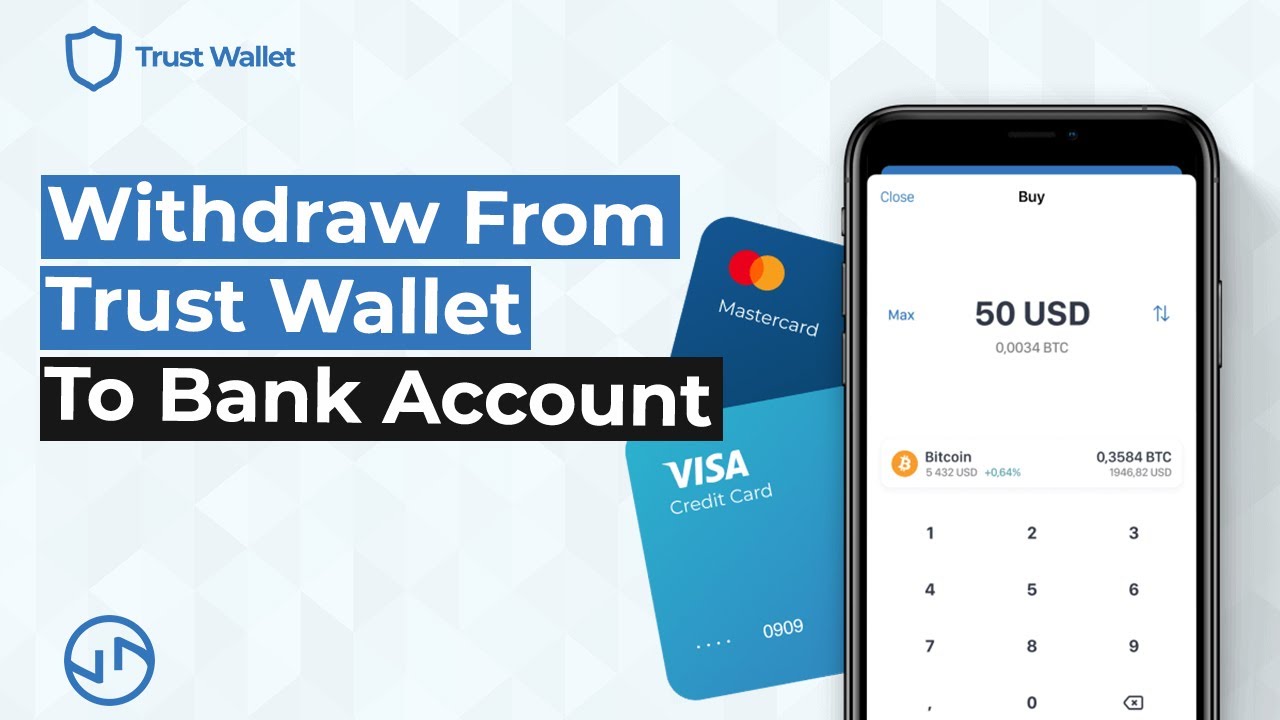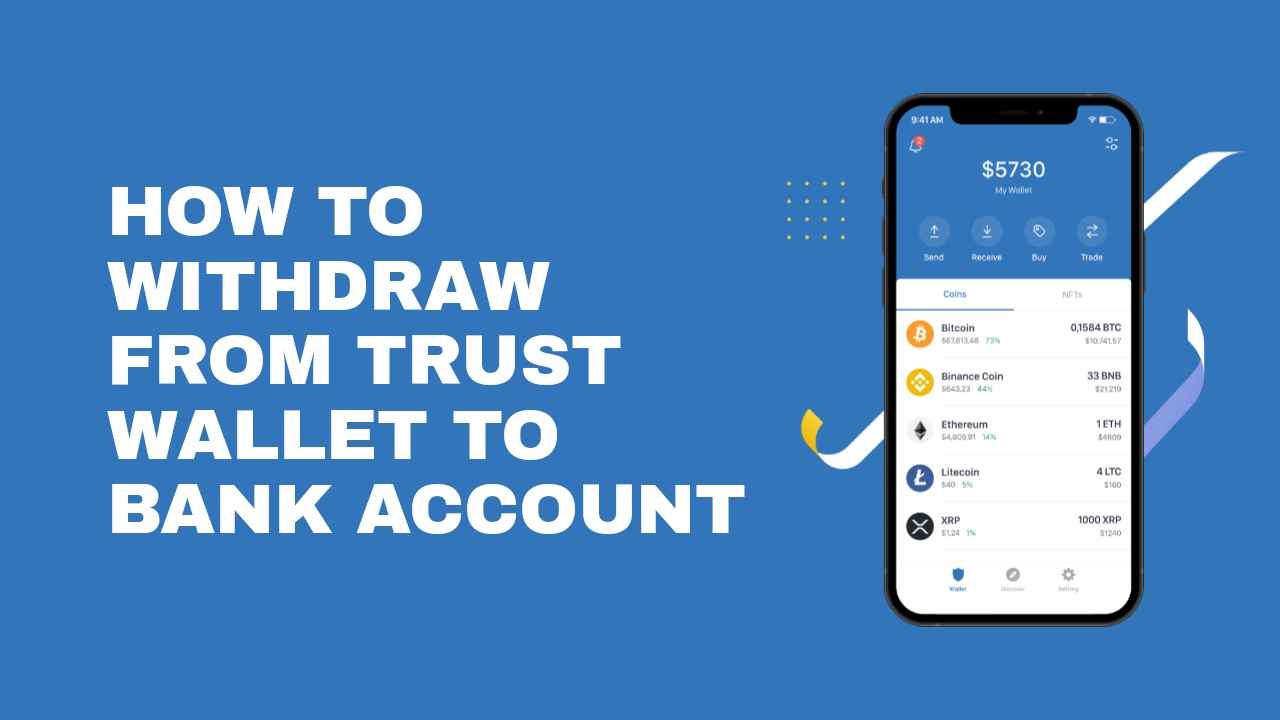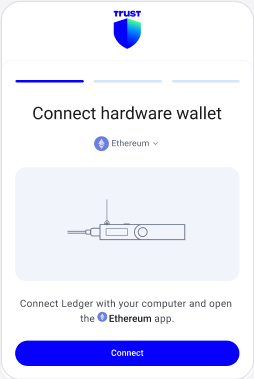No, Trust Wallet prioritizes user privacy and does not store your IP address. It is designed to enhance user anonymity and security, focusing on decentralized access without tracking or storing personal information like IP addresses.

Technical Aspects of Trust Wallet’s Operation
How Trust Wallet Interacts with Blockchain Networks
Trust Wallet operates by creating a secure and direct connection between the user and the blockchain network. It functions as a client that broadcasts transactions to the network without intermediaries. Here’s how it works:
- Decentralized Interaction: When a user initiates a transaction, Trust Wallet signs it with the private key locally on the device and then sends the transaction directly to the blockchain network. This process ensures that Trust Wallet does not store or have access to the user’s funds.
- Blockchain Synchronization: Trust Wallet synchronizes with blockchain networks to display accurate wallet balances and transaction histories by querying public blockchain data. This synchronization is done without compromising the user’s privacy or security.

Encryption and Security Measures in Place
Trust Wallet employs several layers of security and encryption to protect user assets and information. Among these measures are:
- Private Key Encryption: The wallet encrypts private keys on the user’s device using advanced encryption techniques. The keys are stored locally and are never transmitted.
- Secure Element Technology: On devices that support it, Trust Wallet can leverage secure element technology to offer an added layer of security, akin to hardware wallets.
- Backup and Recovery: Users are provided with a recovery phrase during the wallet setup. This phrase is the key to restoring the wallet and is encrypted and stored securely by the user.
Anonymity Features within Trust Wallet
Anonymity is a core feature of Trust Wallet, designed to protect users’ identities and transaction details. Key anonymity features include:
- No Personal Information Required: Creating a Trust Wallet account does not require any personal information, allowing users to maintain their anonymity.
- Decentralized Access: Access to the wallet and its features does not go through centralized servers that could track user activity. Instead, interactions are directly with the blockchain, minimizing exposure.
- DApp Browser: The integrated DApp browser enables users to interact with decentralized applications without leaving the wallet, ensuring that their blockchain interactions remain private and secure.
The Role of IP Addresses in Cryptocurrency Transactions
How IP Addresses Are Used in Blockchain Transactions
IP addresses play a subtle yet significant role in blockchain transactions. While the blockchain itself does not inherently store or record IP addresses as part of transaction data, nodes within a blockchain network might log IP addresses temporarily during the transmission of transaction data. This occurs because transactions need to be broadcasted across the network, and nodes use IP addresses to communicate. However, these addresses are not embedded in the blockchain and are not publicly associated with transaction details on the ledger.
The Importance of IP Anonymity for Crypto Users
Maintaining IP anonymity is crucial for cryptocurrency users seeking to enhance their privacy for several reasons:
- Privacy Protection: Hiding IP addresses helps protect users’ geographical location and usage patterns from being tracked.
- Security Against Targeted Attacks: By keeping IP addresses private, users reduce the risk of targeted phishing attacks or hacking attempts.
- Financial Privacy: Ensuring IP anonymity helps in preventing the correlation of transactions to real-world identities, enhancing financial privacy in the digital realm.
Techniques for Enhancing Privacy Beyond Wallet Features
To further enhance privacy and maintain IP anonymity while conducting cryptocurrency transactions, users can employ several techniques:
- Use of VPNs: A Virtual Private Network (VPN) can mask the user’s real IP address, encrypting internet traffic and routing it through a server in a location of the user’s choice. This makes it harder to trace online activity back to the user.
- Tor Network: Using the Tor network can provide an additional layer of privacy by routing internet traffic through multiple layers of encryption and various servers worldwide, making it extremely difficult to trace the origin.
- Privacy-focused Wallets and Services: Some wallets and services offer built-in features to enhance privacy, such as integrating Tor support directly in the application or using technologies that obfuscate transaction origins.
While blockchain technology offers a high degree of security and anonymity, understanding the role of IP addresses and employing additional privacy measures can provide users with an extra layer of protection and peace of
Trust Wallet’s Data Collection Practices
Specifics of Data Collection by Trust Wallet
Trust Wallet, emphasizing user privacy, minimizes data collection. The specifics of its data collection focus primarily on enhancing user experience and app functionality rather than gathering personal information. Trust Wallet may collect anonymized usage statistics, such as app interaction patterns and crash reports, to identify areas for improvement and ensure stability. These statistics are collected in a way that does not personally identify users.
User Data Trust Wallet Does Not Collect
Aligning with its privacy-centric approach, Trust Wallet does not collect sensitive personal data such as:
- Real Names or Physical Addresses: No requirement to enter this information at any point.
- Bank Account or Credit Card Details: Trust Wallet operates independently of traditional financial systems, focusing on cryptocurrency transactions.
- IP Addresses or Browsing History: Trust Wallet does not track users’ IP addresses or their activity across the web.
This approach ensures users maintain a high level of anonymity and control over their personal and financial data.

How to Check What Data Trust Wallet Stores About You
Given Trust Wallet’s design, the wallet stores very minimal data about its users, primarily related to app usage rather than personal information. However, users concerned about their privacy can take a few steps to understand what information might be collected:
- Review the Privacy Policy: Trust Wallet’s privacy policy details what data is collected and how it is used. This is a primary source of information about data practices.
- Contact Support: For specific inquiries or concerns about data privacy, users can contact Trust Wallet support directly. The support team can provide insights into the data collection practices relevant to your usage.
- Device Permissions: Users can check the permissions granted to Trust Wallet on their device to see what types of data the app can access. This includes looking at app settings within the device’s operating system to manage permissions.
Trust Wallet’s commitment to user privacy means that the data stored is minimal and primarily aimed at improving the user experience without compromising personal information.